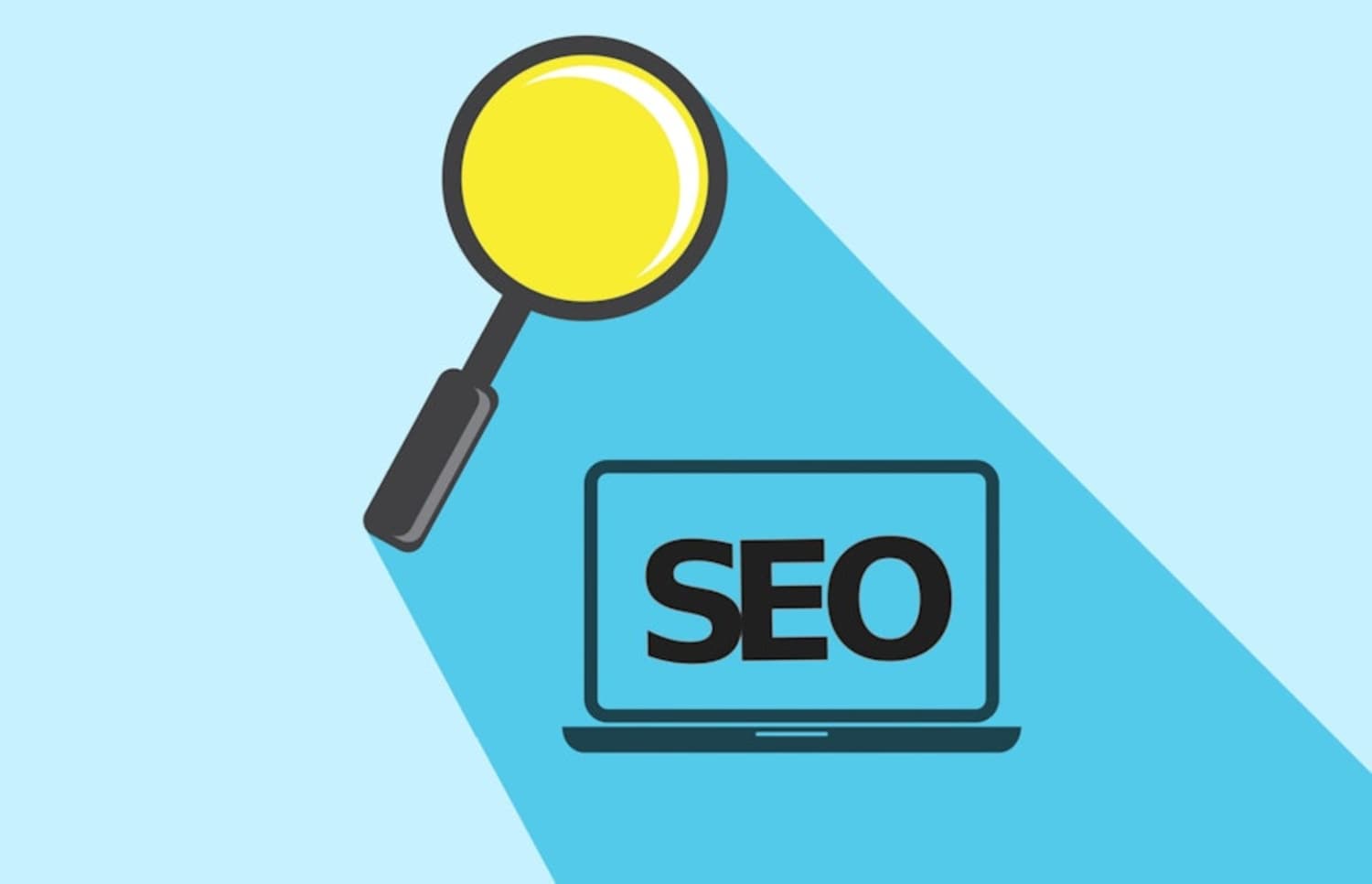March 17, 2025
AI for Web Performance Optimization: Enhancing Speed and SEO

In today's fast-paced digital world, website performance and search engine optimization (SEO) play a crucial role in user experience and online visibility. Artificial Intelligence (AI) is transforming how websites are optimized, providing automated solutions for improving speed, ranking, and overall functionality. This article explores the role of AI in web performance optimization, focusing on automated SEO and AI-driven performance monitoring.
AI-Powered SEO: Boosting Website Rankings
Search Engine Optimization (SEO) ensures that websites rank higher in search engine results, driving organic traffic. AI enhances SEO strategies by:
1. Analyzing Search Trends
AI-powered tools continuously monitor search patterns, keyword trends, and user behavior, enabling websites to adapt their content strategies dynamically.
2. Content Optimization
AI can suggest and generate SEO-friendly content, improving keyword placement, readability, and relevance based on search engine algorithms.
3. Automated Meta Tag Generation
AI tools generate and optimize meta titles, descriptions, and tags, ensuring they align with search engine best practices.
4. Link Building and Authority Enhancement
AI helps analyze backlink opportunities, detecting high-quality sources to improve domain authority and search rankings.
5. Voice Search Optimization
With the rise of voice assistants, AI optimizes content for voice search by focusing on conversational keywords and natural language processing (NLP).
AI-Driven Web Performance Monitoring
Website speed and efficiency directly impact user experience and search rankings. AI-driven performance monitoring tools proactively analyze and enhance website functionality.
1. Real-Time Performance Analysis
AI tools, such as Google Lighthouse with machine learning enhancements, assess website speed, load times, and responsiveness, offering actionable insights for improvement.
2. Predictive Load Time Optimization
AI algorithms predict potential slowdowns by analyzing traffic spikes, server loads, and user interactions, allowing developers to preemptively optimize resources.
3. Automated Code and Image Optimization
AI-powered solutions optimize images, compress files, and refine code structure to improve loading speed without compromising quality.
4. Smart Caching Strategies
AI can dynamically adjust caching mechanisms based on user behavior and device type, ensuring faster page loads for repeat visitors.
5. Error Detection and Resolution
AI-driven tools detect broken links, slow-loading elements, and coding errors, offering automated fixes or recommendations for developers.
The Future of AI in Web Performance Optimization
As AI continues to advance, future developments in web performance optimization may include:
- AI-Driven Personalization: Websites that adapt performance based on individual user preferences.
- Automated UX Enhancements: AI predicting and implementing design improvements for better engagement.
- Deeper Predictive Analytics: More accurate forecasting of web traffic and resource needs.
Conclusion
AI is revolutionizing web performance optimization by automating SEO strategies and enhancing website speed and efficiency. Businesses that leverage AI-driven tools can maintain high search rankings, deliver exceptional user experiences, and stay ahead in the competitive digital landscape. As AI technology evolves, its impact on web development will continue to grow, making performance optimization smarter and more efficient than ever before.

